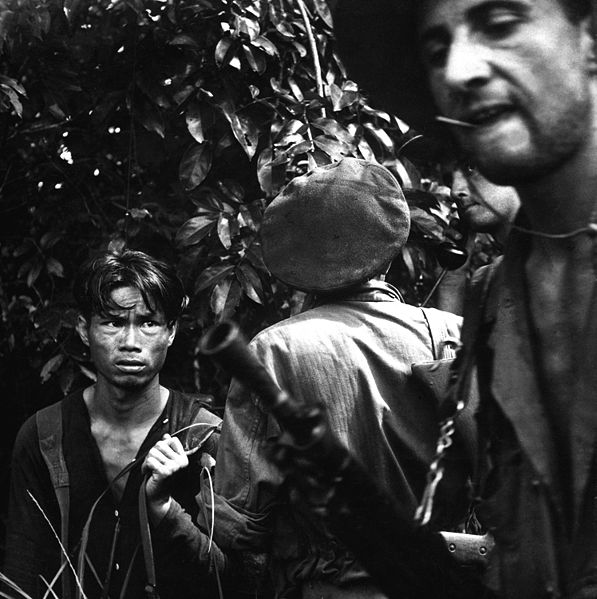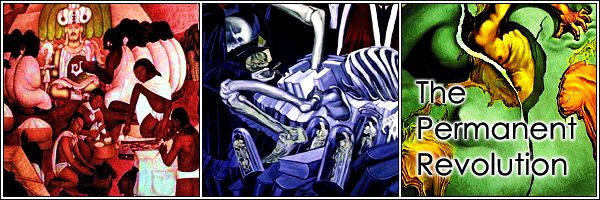Notes on Counter-Insurgency

I've just more or less finished my dissertation. (Thank effing God!) Advanced countries fighting insurgencies in foreign lands often resort to the solution of training local allies to fight in their place under auspices of a "national army". My subject was the Vietnamese National Army, which was an attempt by the French to do just that in the second half of the Indochina War. After a lot of slogging, any general lessons I might draw from French and other experiences?
First, I am more and more convinced that the notion that indigenous soldiers could somehow replace you is nonsense. If a situation has gotten so bad, that the foreign power needs to send 150,000 or 500,000 men in there, and they are unable to achieve victory at acceptable cost then the insurgents will simply win. There is no chance you are going to be able in the last couple years of the conflict, in your part time, turn the native regime's soldiers (who are variably corrupt, unmotivated, incompetent etc.) into the equivalent of your modern and professional army. It is notable that France, the U.S. and the Soviet Union have all fought insurgencies and left armies they created in their place (Indochina, Vietnam, Afghanistan). In no case was the local regime able to survive more than a few years against the insurgents.
Second, you can supplement your forces with locals. In fact, you have to, they know the terrain, the people, they will be able to nullify what advantages those two things give the insurgents. It will only work if you have a substantial portion of the wartorn nation's public opinion on your side. The only two successful examples (I know of) of counterinsurgency with the largescale use of foreign troops since WW2: British Malaya and the Mau Mau uprising in Kenya. In both cases, the rebels' power was based on an ethnic minority representing only about 1/5 of the country (Chinese in one case, Kikuyu in the other). These were still very difficult wars that required about a decade to win and led to substantial political concessions from the British (granting independence and losing control of both countries).
Third, it is virtually impossible to destroy an insurgency if they have a active anctuary. That is when there is a neighbor where the insurgents can rest, recoup, escape the counterinsurgents, and receive training and materiel. Many places have played such a role: China in the Indochina War (and indeed the Korean War), North Vietnam in the Vietnam War, Pakistan in the Afghan Wars.. This presents an impossible dilemma for the counterinsurgent, who despite his overwhelming military and technological superiority, is unable to locate and destroy the enemy and its sources of power. If it attempts to do so, it would need further escalation and general warefare in another country, which may be beyond available means or acceptable costs. In neither of the successful British cases was there an active sanctuary.
For what this means for today I can't completely say. It is somewhat comforting to know that much of the insurgencies in Iraq and Afghanistan are based on ethnic minorities. At the same time, I find it very distressing for Afghanistan especially, where the Pashtuns are a relatively large minority and AfPak border problem has not been resolved. In the Iraqi case, the change in U.S. strategy and "self-ethnic-cleansing" have led to a somewhat more encouraging situation. I can't predict the future but, ultimately, most of these wars end by the foreign power being reconciled to fact that, really, the area that has cost so many many and required so much of their defense effort is basically marginal to their fundamental interests. Although Iraq may be an exception given its position at heart of a region with so much oil, may be a partial exception to this.
Labels: Afghanistan War, Counter-Insurgency, Iraq War



2 Comments:
Editorial Comment
Instead of "USSR" didn't you mean "Afghanistan" in the follow?
"It is notable that France, the U.S. and the Soviet Union have all fought insurgencies and left armies they created in their place (Indochina, Vietnam, USSR)."
Well spotted.
Post a Comment
<< Home